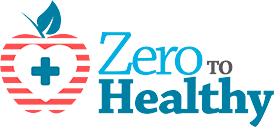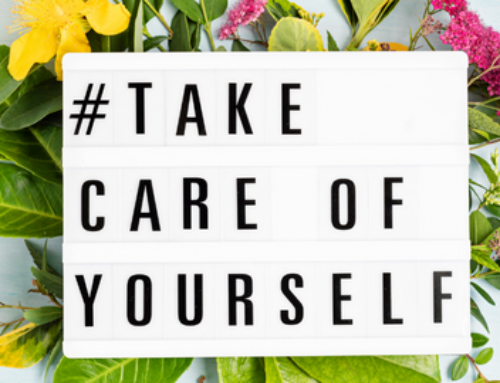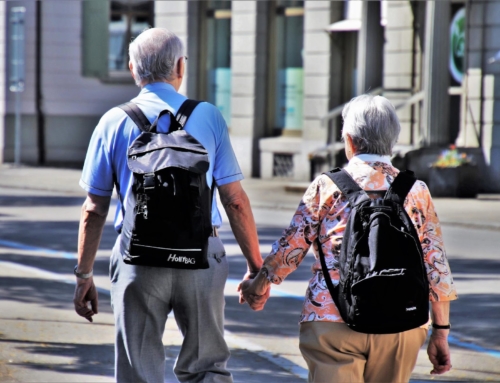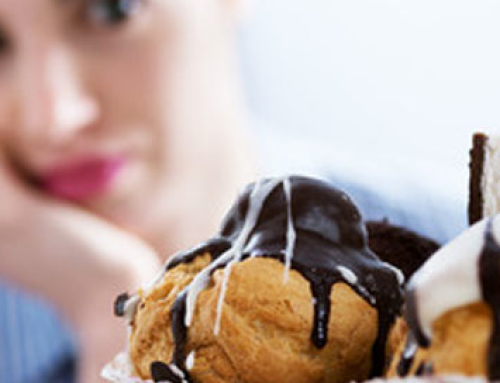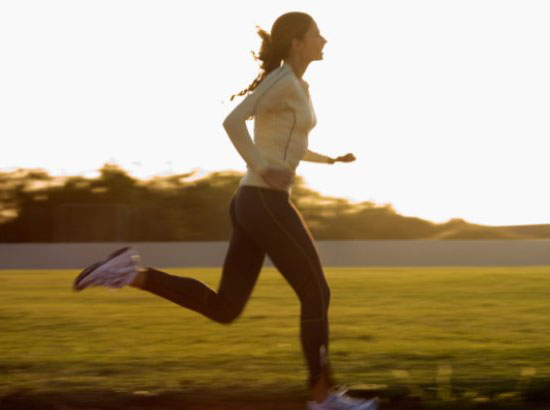“Water, water every where, nor any drop to drink.” That’s the desperate lament of Samuel Coleridge’s Ancient Mariner. He watches his shipmates die of thirst after their galleon becomes stuck in uncharted waters near the equator. The people today can feel similar to Coleridge’s ill-fated sailor, only the tormentor that surrounds us is not water but sleep.
Sleep is everywhere, we all do it and we all talk about the amount of hours we caught last night – none of us seem to get enough of the stuff for ourselves. It is recommended adults sleep 7-8 hours every night. Yet almost half of us average under six hours, according to a survey carried out by the Sleep Council in 2013.
Why don’t we?
Reasons
1. There simply isn’t enough time in the day to get everything done.
2. That a ‘racing mind’ at night keeps us awake, biting into our quota of daily shut-eye.
3 Tips to Improve your Sleep
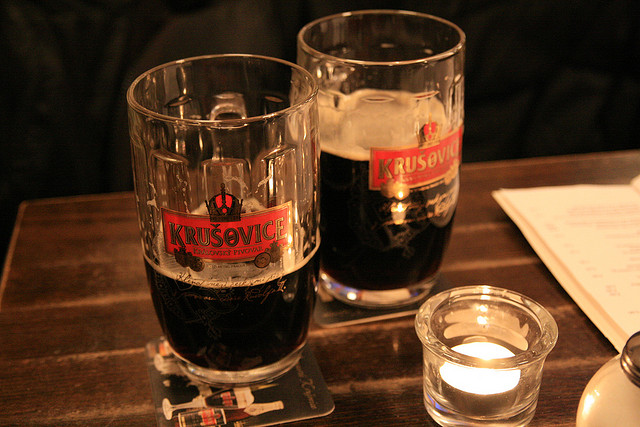
1. Alcohol and a Good Night’s Sleep Don’t Mix
Do you typically finish out your evenings with glass of wine, beer or even a shot to ease into sleep? Consuming alcohol near bedtime can have a powerful, negative impact on your sleep quantity and quality. The effects of alcohol on sleep are apparently not common knowledge.
Alcohol generally acts as a sedative and a small amount can and will induce sleepiness. Alcohol is rapidly absorbed, and relatively fast getting to your brain within a few minutes. It metabolizes quickly and its effects pass within a few hours, depending on how much alcohol you consumed.
Using alcohol to get to sleep is by no means a new concept. Despite advances in sleep medicine, many people with trouble initiating or maintaining sleep. We often self-medicate with alcohol and accept the consequences of unfulfilling sleep.
It was not that long ago that physicians recommended “night caps” for insomniacs or others experiencing sleep problems
Using alcohol for sleep is a bad idea because it can affect sleep stages, lighten sleep and cause abrupt awakenings. Chronic use of alcohol may lead to needing higher and higher doses to achieve the same sleep-inducing effect.
How Does Alcohol Influence or Change Your Sleep?

· Alters the quality of your sleep. Even if you sleep a full night after drinking, you may not feel rested in the morning. Alcohol lightens sleep and suppresses REM.
· Disrupts the total time you are asleep. You may wake up frequently throughout the night. You could have problems falling back asleep as well.
· Increases the prevalence of pre-existing sleep disorders. Millions of Americans suffer from obstructive sleep apnea, which can intensify after alcohol consumption.
Sleep apnea is a breathing related sleep disorder. It is characterized by heavy snoring and abnormal pauses in breathing. Moderate to large amounts of alcohol consumed in the evening can lead to a substantial narrowing of the airway. This can increase the frequency and duration of breathe holding episodes.
2. How Caffeine Before Bed Can Ruin Your Sleep
Caffeine is a stimulant most people use to give them energy and to stay alert. A moderate amount of daily caffeine intake is 250 mg, which equals approximately 3 cups of coffee. This amount is not considered hazardous. However, caffeine can become a nuisance when you drink too much of it. Since caffeine enters your system through your stomach, you can feel its effects as quickly as 15 minutes after consumption. It stays in your system for many hours and takes approximately six hours for half of the caffeine you consume to be eliminated.
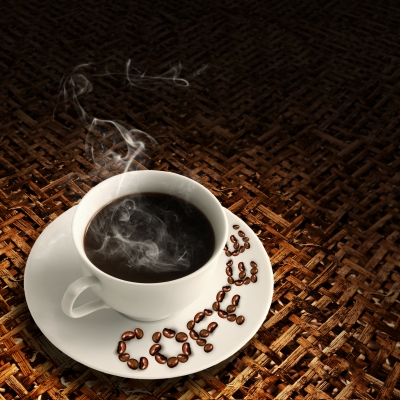
Disrupting Sleep Cycle
The major complaint with caffeine is its effects on the sleep cycle. Excessive caffeine consumption can lead to interrupted sleep as can ingesting caffeine too late in the day.
It takes six hours for caffeine to exit the body taking. More caffeine within that six-hour period extends its stimulatory effects. Mild disruption of sleep can include waking up during the middle of the night with difficulty returning to a restful state.
Causing Insomnia
Sometimes caffeine can have more persistent effects on your sleep cycle. People who consume more than 250 mg of caffeine per day are usually ingesting more than they can excrete.
An overly stimulated central nervous system is one that is producing adrenaline, which is a wakeful hormone. This excited state can have long-term repercussions on the sleep cycle and chronic insomnia can set in. Chronic insomnia includes being unable to fall asleep, to stay asleep or to have a restful sleep. It can cause daytime sleepiness, difficulty concentrating and irritability as well.
Caffeine before bed causes a reduced total sleep time, less deep sleep and if you’re not sleep deprived, and increased time to fall asleep
Caffeine intake and poor sleep is a cycle easily repeated… you drink too much coffee today and you don’t sleep well tonight. You wake up tomorrow morning and feel worse for wear. Having no idea why you reach for another cup of coffee.
Sure, you fall asleep quickly each night but are you sure that it isn’t because you’ve been ruining your sleep with a steady intake of caffeine?
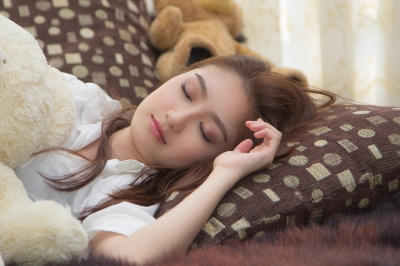
3. Sleep In Total Darkness
The modern bedroom is full of lights like glowing computer monitors and clock radio. There are any number of blinking and glimmering electronic devices in our rooms. Trouble is, chronic exposure to light at night leads to a host of health problems.
To understand why chronic exposure to light at night is so bad, we need to consider human evolution. Before end of the Stone Age, humans were exposed to two different kinds of natural light. Which is responsible for regulating the circadian rhythm. During the day we had the sun, while at night we had the moon and the stars, and perhaps the light from campfires. The binary day/night pattern was unrelenting, and our biological programming followed suit.
Today, we have artificial lighting at night (LAN), and it’s a different case altogether. Indoor lighting is considerably less powerful than sunlight, but many orders of magnitude greater than star and moonlight.
Melatonin suppression is key to understanding much of why LAN is so crappy for us. This workhorse biochemical is produced by the brain’s pineal gland at night. When it’s dark it’s level go up to regulate our sleep-wake cycle. It also lowers blood pressure, glucose levels, and body temperature. These key physiological responses responsible for restful sleep. As neurologist George Brainard puts it, “Light works as if it’s a drug, except it’s not a drug at all.”
The part of your brain that controls your biological clock is the Suprachiasmatic Nucleus (SCN), a group of cells in the hypothalamus. These cells respond to light and dark signals. Nerves in our eyes senses light and sends a signal to the SCN telling the brain that it’s time to wake up. It also kick starts other processes, like raising body temperature and producing hormones like cortisol. Our cortisol levels are relatively low at night, allowing us to sleep, and higher during the day, allowing for the stabilization of energy levels and the modulation of immune function.
But LAN elevates cortisol levels at night, which disrupts sleep and introduces a host of problems relating to body-fat levels, insulin resistance, and systemic inflammation. It also contributes to sleep debt and a disruption the neuro-regulation of appetite.
The Cancer Link
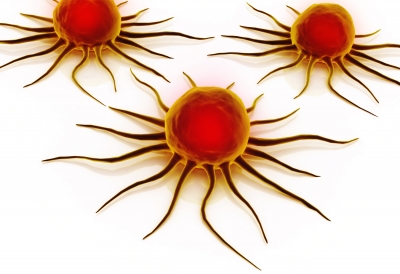
All this hormone and biochemical disruption is creating downstream effects. Cancer is one of them. Scientists aren’t entirely sure why, but studies consistently show a correlation. For example, a 10-year study found that a sample group of over 1,670 women exposed to higher intensity light in their sleeping environment had 22% higher odds of developing breast cancer than those who slept in total darkness. The researchers blamed it on hormone disruption caused by melatonin suppression. In another study, researchers implanted rats with breast cancer cell and then gave them blood from different women. Rats receiving blood from women who were exposed to dim light at night had their tumor growth reduced. Yet those with blood from women who were exposed to bright light at night weren’t granted this beneficial effect. This has grim implications for workers who do shift work. Case-controlled studies have shown that nurses who work night shifts are more at risk for breast cancer compared to nurses with day work. All this research points to one basic fact: We need to keep our bedrooms as dark as possible and avoid blue light before sleep. To that end, you should turn off all your light-emitting gadgets and close the blinds. And if possible, refrain from reading your tablet computer or smartphone in the hour preceding sleep

